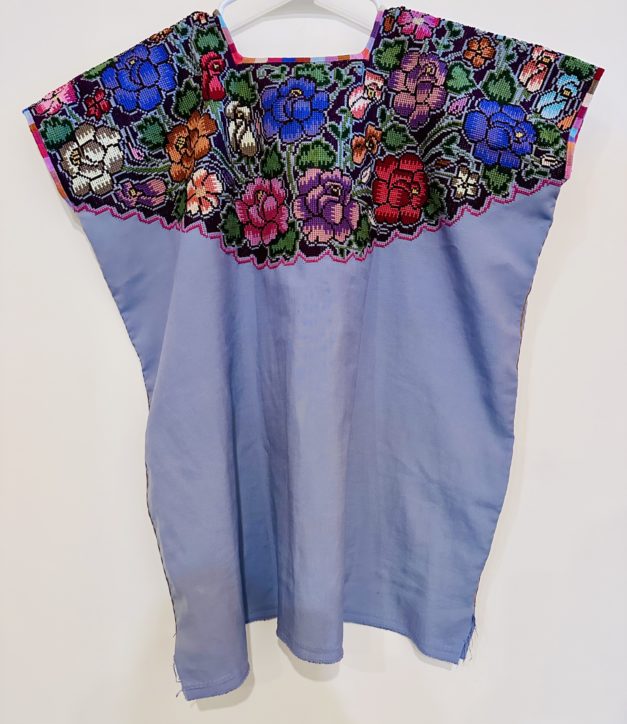Aside from organizing arts workshops in Oaxaca, Mexico, I also work with universities to place students pursuing a health care degree in the Teotitlan del Valle public health clinic for student exchange externship experiences. I started doing this during the ten years I worked at The University of North Carolina at Chapel Hill School of Nursing. This gives me a great deal of pleasure and personal satisfaction because of its positive impact on people. This is international cultural and health care education that can change lives.
In a week from now, Leonora Tisdale, a thirty-two year old second degree nursing student at The University of North Carolina at Chapel Hill, will spend a month volunteering in the clinic, which serves the primary care needs of eight thousand residents, plus those who come from smaller villages nearby.
Leonora is bilingual, a trained doula, and holds an undergraduate degree from Guilford College. She is interested in learning more about the medical culture of Mexico and its standard of care, maternal childbirth practices and women’s health. After she returns, she will do a North Carolina clinical rotation at a rural clinic that serves immigrant families from Mexico and Central America. Neither the professionals in or patients accessing the Teotitlan del Valle clinic speak much, if any, English. This will give Leonora a perfect opportunity to build her medical Spanish vocabulary as she prepares for her nursing career.
When we met for coffee yesterday, Leonora said she is excited and energized. She has prepared well by reading about Oaxaca health care needs: the mental health issues around migration and being left behind, why indigenous women choose traditional birth methods, and the stigma of HIV-AIDS. She wants to build relationships with the people who live in the village and learn the cultural nuances that one can only get by being there. And, of course, she wants to eat all seven Oaxaca moles (though, I suspect, not at the same time!). At the end of her service, Leonora will write a reflection paper about her experience and I hope to publish it here.
One of the public health officials of the village tells me that better health care is a priority for Teotitecos. The externships not only provide a cultural exchange, they give the clinic doctors, nurses, psychologist, and social worker clinical help in an overburdened system where the population is growing and there are not enough providers. I explained to Leonora that diabetes occurrence is high in the region and there are health education opportunities working with local people to sustain programs around nutrition and exercise, and maternal and child health, and other chronic illnesses.
Students and/or university faculty members work with me directly to make the arrangements for student volunteer service. I facilitate the residency and make arrangements with those in the village. Students work directly with their universities for academic credit, travel and insurance requirements.
At the end of June, two physician assistant students — Ben Cook and Meagan Parsons — from Methodist University in Fayetteville, NC, will begin their month-long externship at the Teotitlan del Valle clinic. They will be joined by Professor Deborah Morris, MD, PA-C, who will be the on-site supervisor of their experience.
I welcome inquiries to arrange for spring break, winter intercession, and summer externships. We ask that students be enrolled in a four-year academic institution, have at least one year of Spanish language proficiency to participate, be an excellent student, and participate as part of their academic experience for academic credit with the supervision (on-site or remotely) of a faculty member.
For more information, contact Norma Hawthorne at normahawthorne@mac.com (copy and paste my email address into your email program if you can’t get the link to work. It’s funky today!).








4 responses to “Nursing Student Volunteers in Oaxaca Public Health Clinic: Health Care Externships”